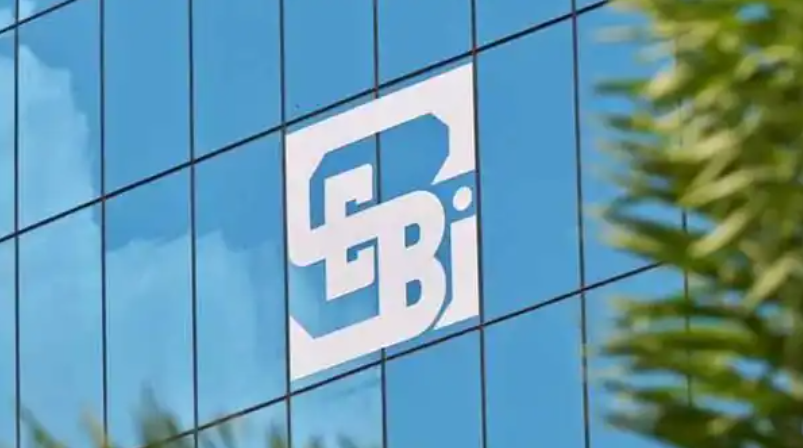SEBI regulations: The Securities and Exchange Board of India (SEBI) authorized on Saturday a reduction in the minimum issue size for public issuing of Zero Coupon Zero Principal Instruments (ZCZP) by not-for-profit corporations from Rs 1 crore to Rs 50 lakh.
- SUMMARY
- To encourage “wider participation of subscribers, including retail,” SEBI cut the minimum application size in certain offerings on social stock exchanges from Rs 2 lakh to Rs 10,000.
- The SEBI (Real Estate Investment Trusts) Regulations, 2014 have also been amended to “create a regulatory framework for the facilitation of SM (small and medium) REITs.”
- The SEBI board deliberated on revising the delisting regulations but did not reach a conclusion.
The Securities and Exchange Board of India has relaxed the rules for social stock exchanges and real estate investment trusts (REITs) in order to attract more players while also making more products available for regular investors to trade. The capital market watchdog’s board, which met on Saturday, authorized lowering the minimum issue size for public issuing of Zero Coupon Zero Principal Instruments (ZCZP) by not-for-profit corporations from Rs 1 crore to Rs 50 lakh.
It also cut the minimum application size for such services from Rs 2 lakh to Rs 10,000 in order to attract “broader participation of subscribers, including retail.” Meanwhile, the regulator has accepted SEBI (Real Estate) changes to the Investment Trusts Regulations, 2014. These regulations were enacted “to create a regulatory framework for facilitation of SM (small and medium) REITs, with an asset value of at least Rs 50 crore vis-à-vis the minimum asset value of Rs 500 crore for existing REITs.”

The action by the SEBI is part of the regulator’s efforts to encourage small and mid-sized enterprises into the regulated and transparent REIT segment, which could draw more investors to the public markets. While speaking to the media, SEBI chairperson Madhabi Puri Buch stated that bringing more players into the regulated REIT arena will benefit all stakeholders because brokers, investment advisors, and analysts will be able to analyze and recommend the products, while investors will have confidence that a grievance redressal mechanism is in place.

Interestingly, the capital market regulator’s board also deliberated on revising the delisting requirements but did not reach a consensus since it felt that additional data analysis was required before making a decision.
Frequently asked questions
What is the role of SEBI in regulating the stock market?
SEBI is responsible for regulating the Indian securities industry. Its primary goal is to protect investors’ interests and to ensure fair and transparent securities transactions. SEBI regulates a variety of securities market participants, including stockbrokers, merchant bankers, and other intermediaries.
Which funds have relaxed investment rules by SEBI?
Explanation: In order to increase startup funding, SEBI has simplified criteria for angel fund investments, allowing them to invest in firms as young as five years old.
What are the SEBI regulations that the company must comply with?
- Minimum Listing Requirements for New Companies. …
- Minimum Requirements for Companies Delisted by BSE seeking Relisting on BSE. …
- Permission to Use the Name of BSE in an Issuer Company’s Prospectus. …
- Submission of Letter of Application. …
- Allotment of Securities. …
- Trading Permission. …
- A requirement of 1% security.
Which is the largest stock market in India?
Almost all of India’s major corporations are listed on both markets. The BSE is the oldest stock exchange, while the NSE is the largest in terms of volume. Both exchanges compete for order flow, which leads to lower costs, increased market efficiency, and innovation.
Click here, to check out the latest post on Instagram.
Also Read: McDonald’s Stake: They Strengthen Their Minority Stake In The China Business
image source: google




































